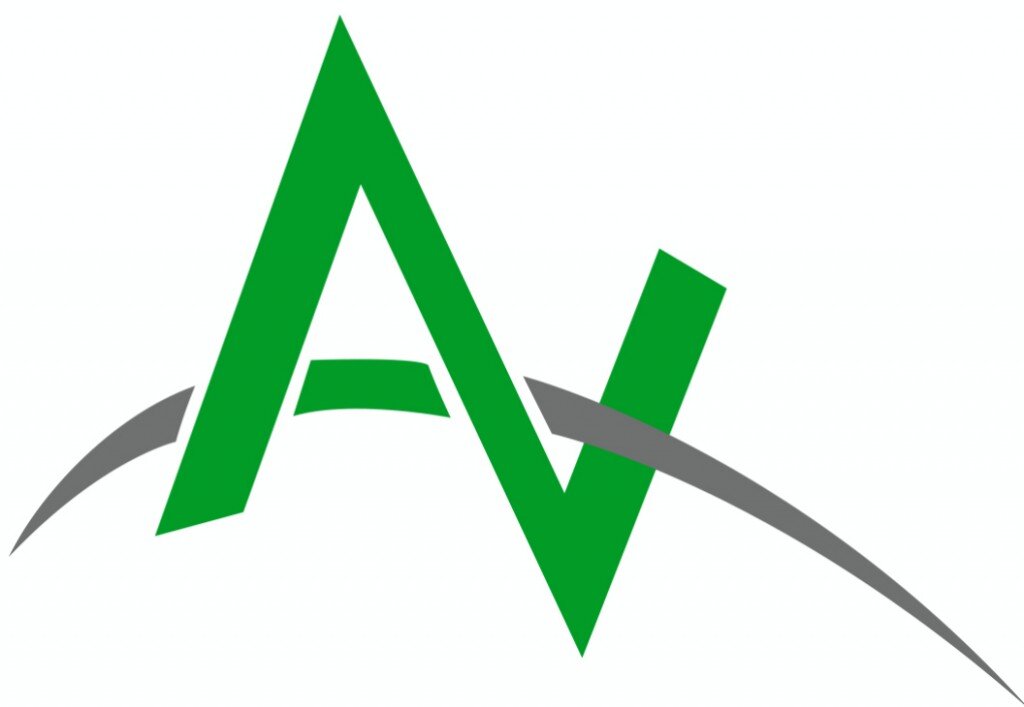Dear Amy: The #SMEtiquette of Using Photos You Didn't Take
 Sometimes issues of #SMEtiquette aren't really etiquette issues, but lie deeper than that. Copyright is one of the biggest issues on the Internet right now, with many, many people using images and other content they simply don't have the right to use. Most aren't using it for nefarious means, even - people simply don't know how to conduct themselves.There still can be etiquette issues involved - I mean, using a friend's photo without permission is also just plain rude. Read on.Submit your questions!
Sometimes issues of #SMEtiquette aren't really etiquette issues, but lie deeper than that. Copyright is one of the biggest issues on the Internet right now, with many, many people using images and other content they simply don't have the right to use. Most aren't using it for nefarious means, even - people simply don't know how to conduct themselves.There still can be etiquette issues involved - I mean, using a friend's photo without permission is also just plain rude. Read on.Submit your questions!
Dear Amy:I started a blog recently and wanted to have a photo to go with one of my posts. A friend had a terrific Instagram of a sunset, so I used that. I had meant to give credit in the blog post that the lovely photo was hers, but I forgot. She got really pissed at me.I still don’t really know what I did wrong. Sure, it would have been better if I’d given her credit, and I did mean to do that (I offered to do that afterward!), but she put it on the Internet. Why couldn’t I use it? If I’d used some stranger’s photo, it wouldn’t have mattered, I just really liked my friend’s picture.Sincerely,Perturbed Over Photos
Dear Perturbed:This issue actually goes beyond the boundaries of etiquette and meanders into the realm of copyright.You can’t use a photo on your blog that you don’t own or don’t have the rights to. Just because a photo is on the Internet doesn’t mean that it’s free to use in any way you want.If that were the case, then anyone could use anyone’s photo in any way they wanted.Say some big company wanted to use a photo of your child – or of you – in an advertisement. Someone from the marketing department saw the photo on Instagram, or your blog, or it just came up in a Google search. It’s the perfect photo to advertise their new line of potato chips or vacuum cleaner.It’s on the Internet. He doesn’t need to actually track you down and ask if the company can use the photo, right?How about this real-life example?Danielle Smith was flabbergasted to discover a photo of her and her family was in the window of a store in the Czech Republic. How it happened, exactly, isn’t immediately apparent, but the business didn’t have the rights to use the photo. Had it not been for a college friend who was now living there, Smith and her family might never have known.Danielle’s entire family was being used to advertise something, and they’d never even been asked. Imagine if it had been a political advertisement, or an advertisement for a product they really hated?The fact that her family photo was online did not give anyone the right to use it in advertising.“But this is just my blog!” I can hear you saying now. “I’m not making any money off it, doesn’t that make a difference?”No. No, it does not make any difference.Just because someone puts her photos online does not mean she is relinquishing the rights to them.In this case, because the photographer was your friend, there’s a very good likelihood that if you’d simply asked, she would have allowed you to use the photo.I’m not going to slap you too hard on not giving credit, because it sounds as if you meant to, and forgot. That happens to all of us at some point or another.I have done that, usually noticing it a couple of minutes after posting, and going back in to rectify that. Now I take care of that by adding in a credit line for the image immediately after uploading it – before writing the blog post – so I don’t forget.There are a lot of stock photo image sites you can seek out photos from. My personal favorite is using the Creative Commons search on Flickr, as I can get results restricted to those who’ve granted an open license to use the images. Most licenses request little more than credit – I link back to the image on Flickr itself and also to the license so people can read it for themselves. But check the license on each one; some don’t allow you to alter the image, some require that if you do alter the image, you then reshare the new image under a CC license.There are many other sites where you can get free or inexpensive stock photos or create your own images – on PicMonkey.com and Canva.com, you use templates to create basic graphics and can add your own images or buy inexpensive extra design elements or photos. FreeImage.com is owned by Getty and offers some nice options for free stock images.If you’re not sure if a photo is yours to use, don’t use it. Always err toward caution. You can’t go wrong by being over-cautious when it comes to using others’ content on the Internet. You can go wrong by being under-cautious.And when it's a friend's photo, you should always ask. Wouldn't you consider it rude if a friend borrowed something of yours without asking?
